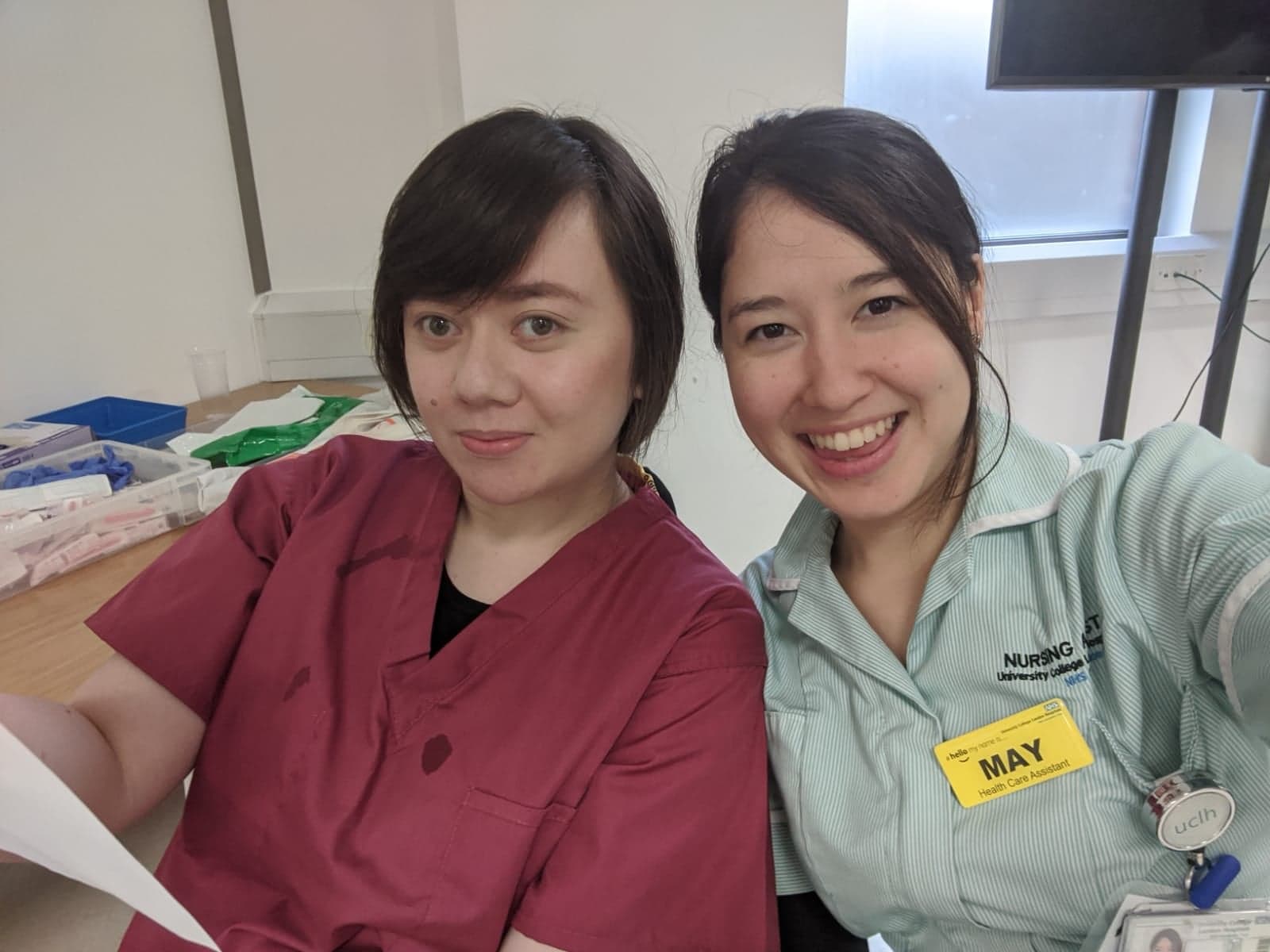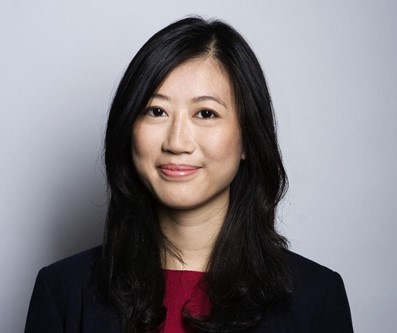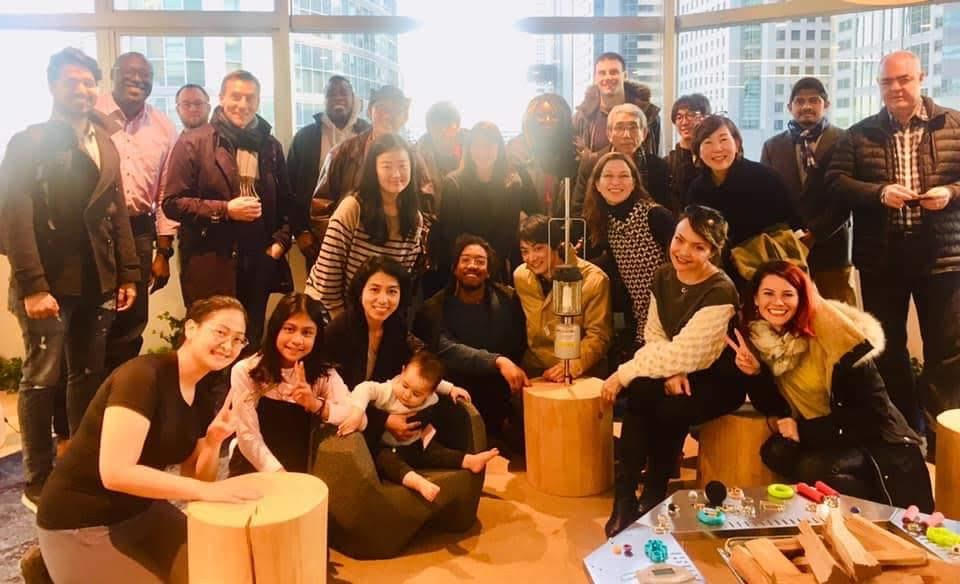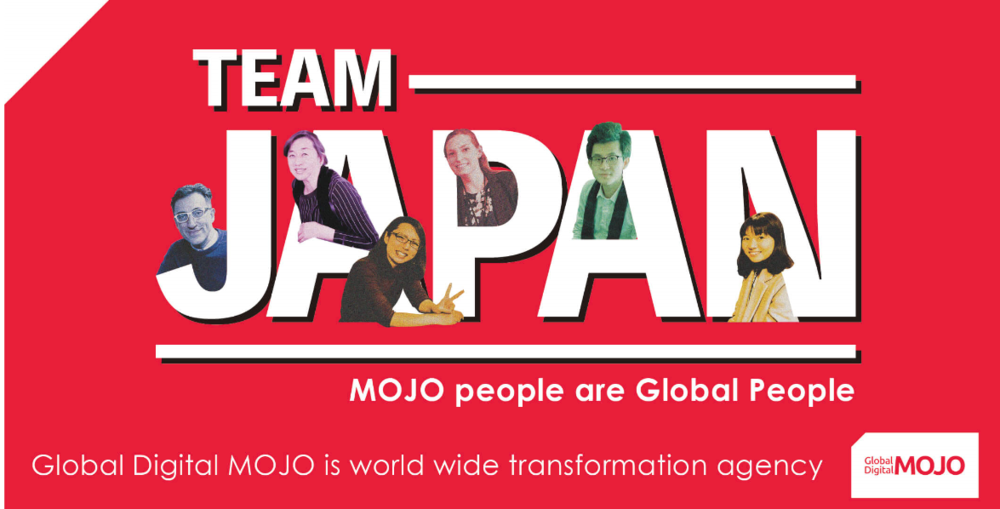 Interviews
Interviews
Impact of Coronavirus on Japan M&A: Interview with Nigel…
By Naoko Nomoto
Our partner, Reynolds Porter Chamberlain (RPC), is a full service London-based international law firm. Nigel Collins heads up the Japan Desk as a Partner and specialises in advising Japanese companies on their outbound transactions, including M&A, investments, disposals, restructuring and joint ventures.
He set time to speak with Tokyoesque’s Naoko Nomoto about the outlook and challenges faced by the Japanese market. He has a deep understanding of Japanese culture and business, has practiced kendo for many years and speaks Japanese. In order to maintain social distancing in light of Coronavirus, this interview was conducted via video conference.

Thank you so much for your time today. First of all, please briefly introduce yourself.
Collins: At Reynolds Porter Chamberlain, I work as a Corporate Partner advising many Japanese companies and corporations, providing legal advice on acquisitions, disposals, investments, restructuring and joint ventures. I provide English-law advice and project manage various transactions across Europe, America and Asia. Clients find it very useful to work with a trusted adviser to help them bridge the cultural gap and provide clear legal and commercial advice.
Collins: Actually, there has been quite a lot of activity, despite Coronavirus. During the first month of lockdown in the UK (March), we were busy advising on the acquisition of a metals business in Sweden from Sandvik (Sandvik Powder Solutions AB, Sweden) for our client, Metals Technology Co., Ltd (Tokyo). Sandvik is a global engineering group with approximately 43,000 employees, and Metal Technology Co., Ltd. is a market leading advanced metal processing company. We advised and project managed the acquisition. From organising market research across Europe, due diligence, building of a financial model, business plan, pricing, negotiation and documenting the acquisition.
In April, we assisted boutique Japanese law firm southgate and their client to sell a majority shareholding in the British luxury bag brand Globe Trotter. The owner of Globe Trotter was a Japanese entrepreneur and the majority shareholding was sold to Oakley Capital, a UK private equity firm.

Collins: Yes. Most companies have been affected and it is a really challenging time. Sadly, some businesses will not survive this crisis. An area keeping me busy at the moment is where Japanese companies have invested in startups. This is a difficult time for many of them and sometimes it depends on where they are in their funding cycle. There are some where the market has remained very active, like online tutoring, e-commerce, logistics, data analytics in healthcare technology. Others have been hit very hard and face the prospect of insolvency.
I have a few projects on the go at the moment where my Japanese client is being asked to provide additional funding. This can be a challenge for Japanese companies at a time when most of them have stopped any new investment. On one project a key investor pulled out and we have restructured the transaction and are now providing bridge financing by way of convertible loan notes. On another we are not going to participate in the current financing round and are renegotiating our shareholding and rights. It’s an interesting and challenging time.

I have been having discussions with many Japanese companies and across the board most of them have stopped any new investment. Due to cultural reasons it is very difficult to get the internal support needed to push a new investment through the approval process. They will continue to look at opportunities and if there is a really good opportunity they might pursue it. As more and more Japanese companies become international there is a growing trend and acceptance of disposing of non-core or non-performing businesses. Disposals will continue if the gap between seller and buyer expectations can be bridged. There is also the additional challenge of pricing any asset and being comfortable with the financial projections.
These issues are all surmountable and provisions can be made in the legal documents to allocate risk and delay payment of consideration. There is one other key issue that is the same for all companies during the crisis and that is whether they would be comfortable making a new investment where they cannot physically meet the founders and/or management team. Having met and built a trusting relationship with the sellers and key management team is a prerequisite for an Japanese acquisition. I expect some potential acquisitions might get close to closing during the crisis, but will not actually close until the key individuals have physically met with each other.
On the flip side, a downturn is an opportunity for consolidation and that will be the case as we come out of this crisis. I am currently in discussion with a large Japanese corporate that is looking to accelerate its investments and acquisitions as we come out of the crisis. If you have a strong balance sheet and access to cheap debt there will be many opportunities in the market, and they should be at a good price as well. Before Coronavirus hit we supported the acquisition of US startup Artisense Corporation by Japanese computer vision company Kudan Inc. After helping source Artisense as a target we led the acquisition project for Kudan. Computer vision is a hot market with a wide variety of interesting startups and we are expecting more consolidation going forwards. This acquisition was also featured in a Nikkei article.
We support all types of Japanese business regardless of whether they are an individual with a one person office, a startup or a global corporate.
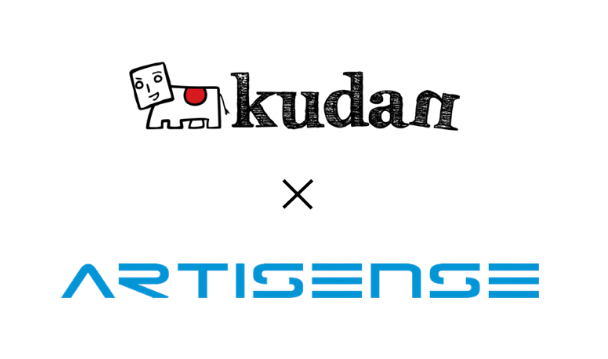
There must be a lot of challenges. Is there anything you’re particularly working on at the moment?
Collins: This is a very difficult and challenging time for many clients and I am in contact with them to see how we can help and support them. I usually travel to Japan several times per year to meet with clients and maintain relationships, but that is not possible at the moment. However, I have been catching-up with many of them by way of a “virtual business trip”. If any reader has time for a short video call to discuss the market or chat about opportunities, just let me know!
Collins: Well, I think the more ‘traditional’ companies in Japan are likely to return to their pre-Coronavirus ways, but companies that are striving to be more international, and startups who are generally more flexible, may be better placed to adapt to new working styles. At RPC we are looking to embrace what people are referring to as the ‘new normal’.
Hopefully this crisis will create a foundation for new ways of working and living, as is encapsulated by the term “new normal”. Thank you for your time today!
Bonus picture: Here’s Nigel getting ready for action in his kendo armour, which is called bogu in Japanese.

Looking for another perspective? We also interviewed Japanese M&A expert Akio Fujii. Check out what he had to say here.
We’re on the lookout for contributors to be featured on the Tokyoesque blog who can give insights relating to their experience with the Japanese market.
Please contact us if you’d like to discuss your idea!
